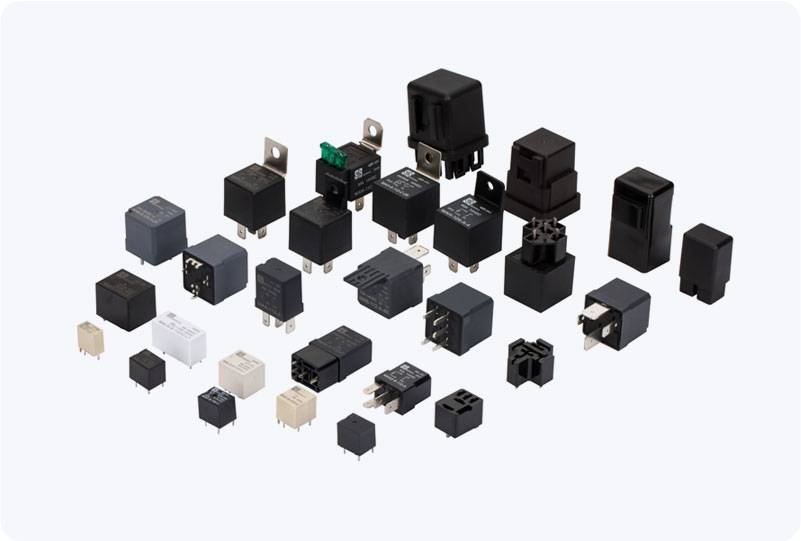ieee standards for industrial relays: ensuring reliability and safety in protection systems
Release time:2025-08-23 08:52:12
IEEE (Institute of Electrical and Electronics Engineers) standards play a pivotal role in shaping the design, testing, and implementation of industrial relays. These devices, fundamental in power systems, ensure reliability, safety, and efficiency by controlling and protecting electrical circuits. IEEE Standards for Industrial Relays provide a comprehensive framework to standardize the operation of relays, ensuring they function optimally under various conditions. This article explores the key IEEE standards that govern industrial relays and highlights their importance in safeguarding power systems.

1. Introduction to Industrial Relays and Their Role
Industrial relays are vital components in electrical systems, designed to detect faults and protect circuits from damage. They act as switches that activate when a specific electrical condition is met, such as overcurrent or under-voltage. By isolating faulty components, relays prevent system failures and reduce the risk of fire or equipment damage.
In power systems, relays provide an essential safeguard against various electrical anomalies like short circuits or overloads. However, their reliability is critical, as a failure could lead to extensive damage and significant downtime. This is where IEEE standards come into play, establishing guidelines to ensure the quality, reliability, and safety of these devices.

